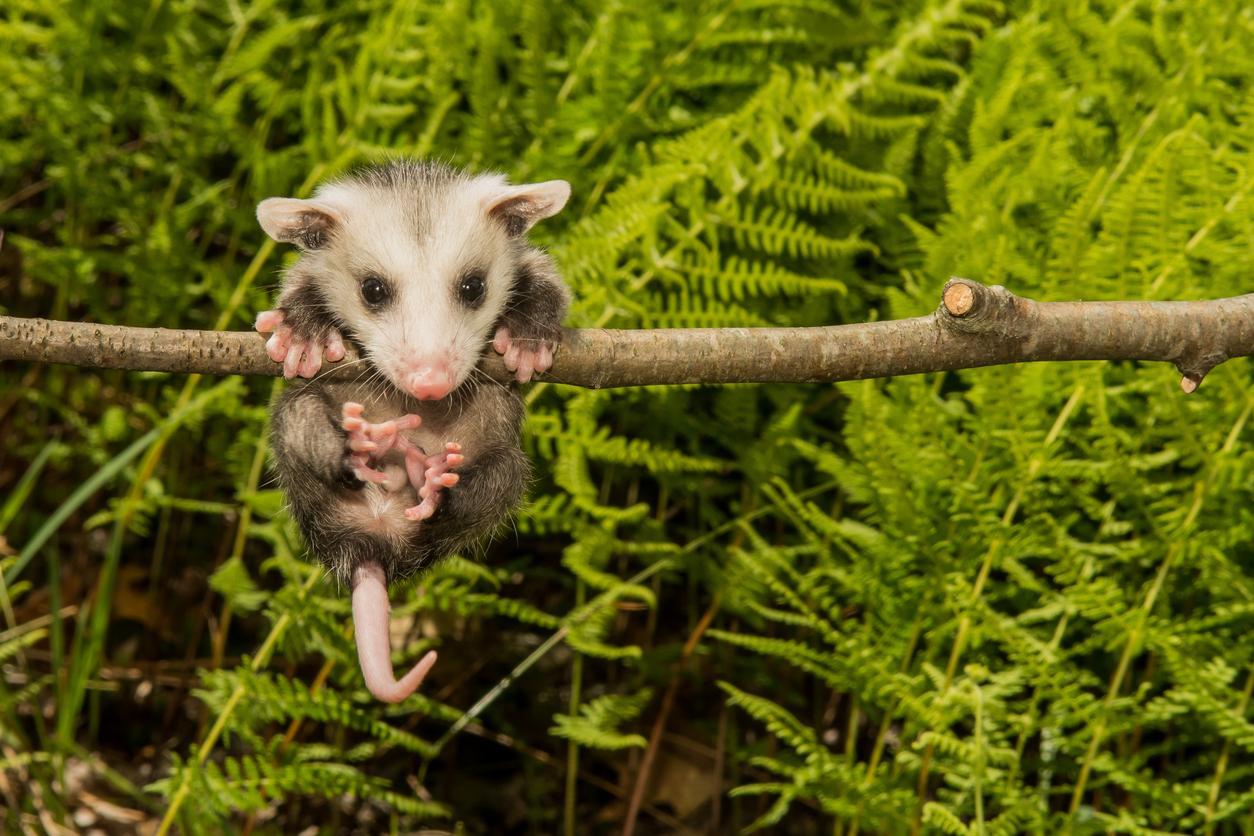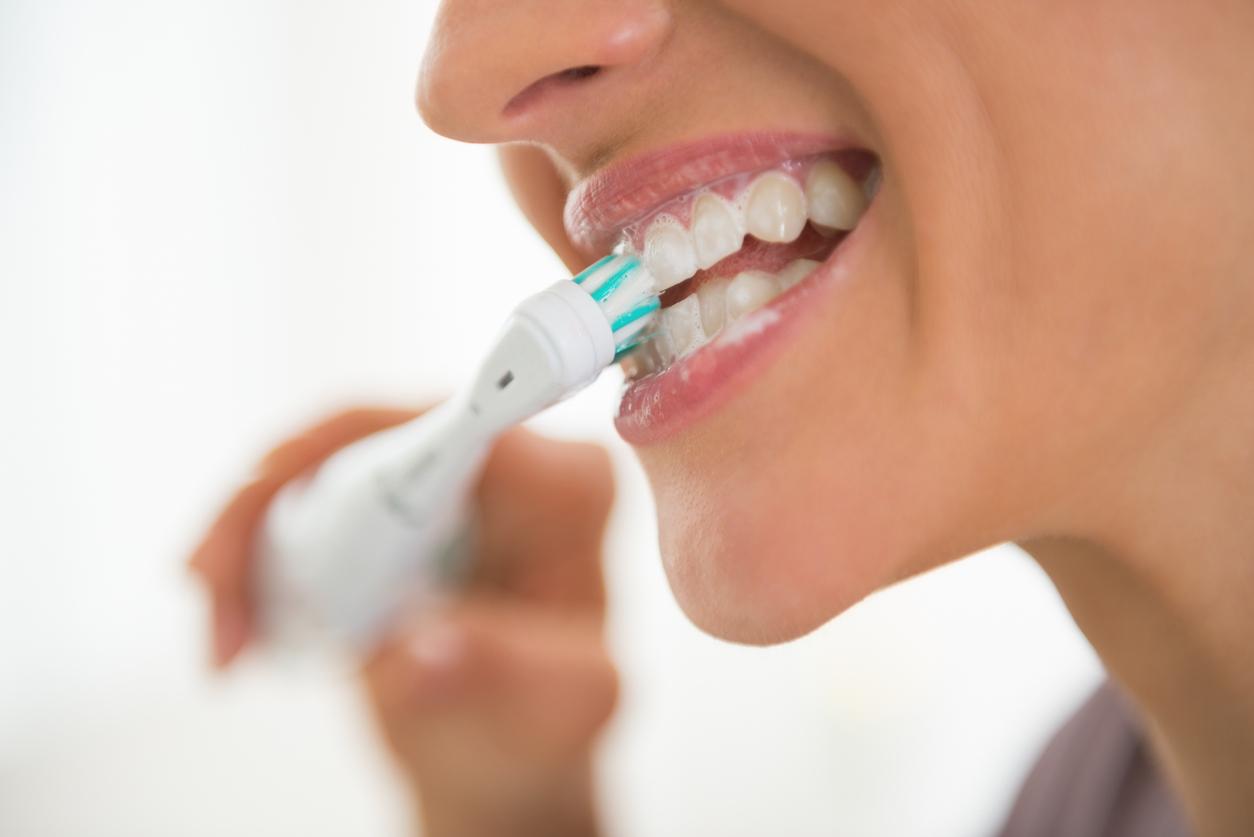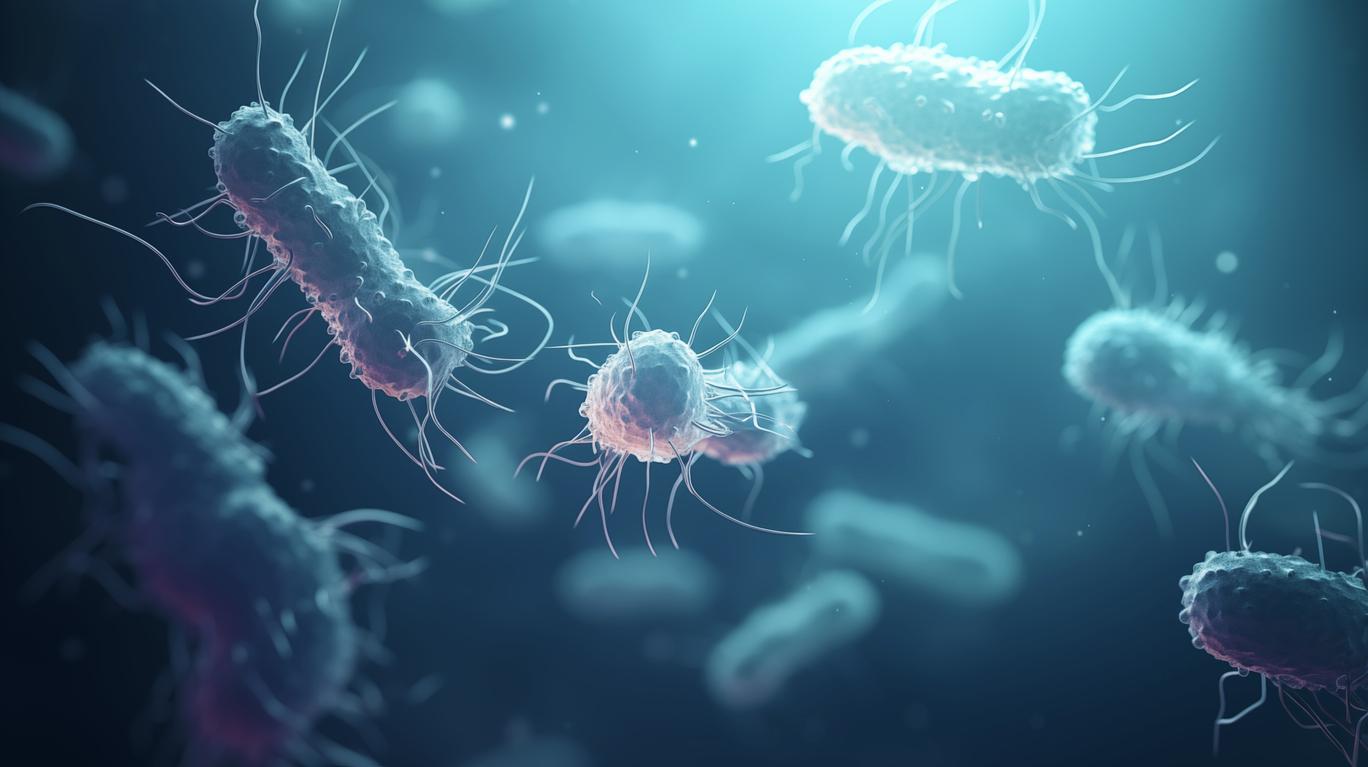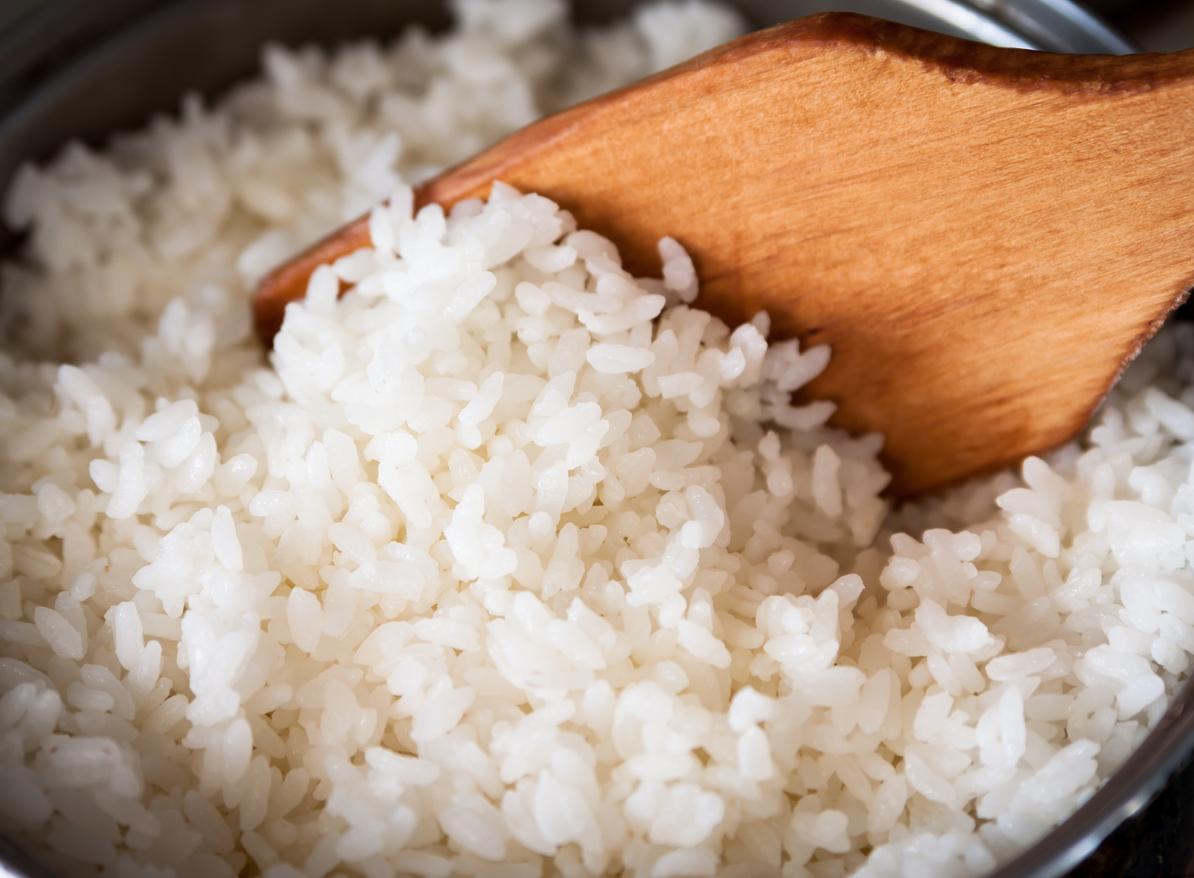According to a study published in “Microbiome”, kissing would allow the couple to better resist the diseases that they could develop together.
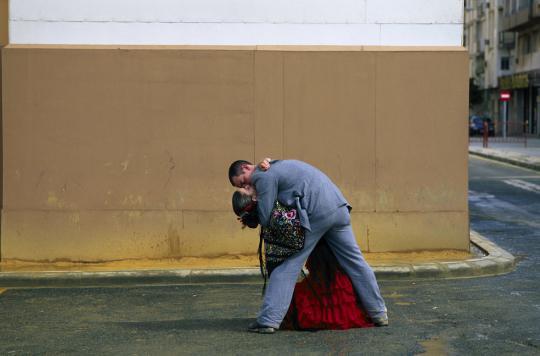
The kiss – the Hollywood movies have made it clear to us – is the supreme symbol of love and romanticism. But scientists may have found a biological and anthropological explanation for our habit of kissing: it would allow mates to share bacteria in their mouths, strengthen their immune systems and better fight disease. According to Dutch scientists who publish the results of their research in the journal Microbiome, 80 million bacteria are transferred during a 10 second kiss. This sharing of bacteria creates a “microbiota”, that is to say a common microbial flora.
“Tongue kissing (and an exchange of saliva) is a flirtatious behavior specific to humans and common to 90% of known cultures,” says Remco Kort, of the Netherlands Organization for Applied Scientific Research, who conducted the research.
After studying 21 couples kissing 9 times a day, researchers found for the first time that “the more partners kiss, the more common the bacteria in their microbiota are. This could be aimed at preparing the couple to better resist similar infections and better digest the same type of food. The kiss would therefore not only be the symbol of love or desire, but also an unconscious strategy allowing the bodies of two partners to better resist illnesses.
This sharing of bacteria is therefore excellent for health! For many years, scientists have warned of the modern obsession with hygiene and cleanliness that has reportedly led to a boom in allergies and health problems.
.







